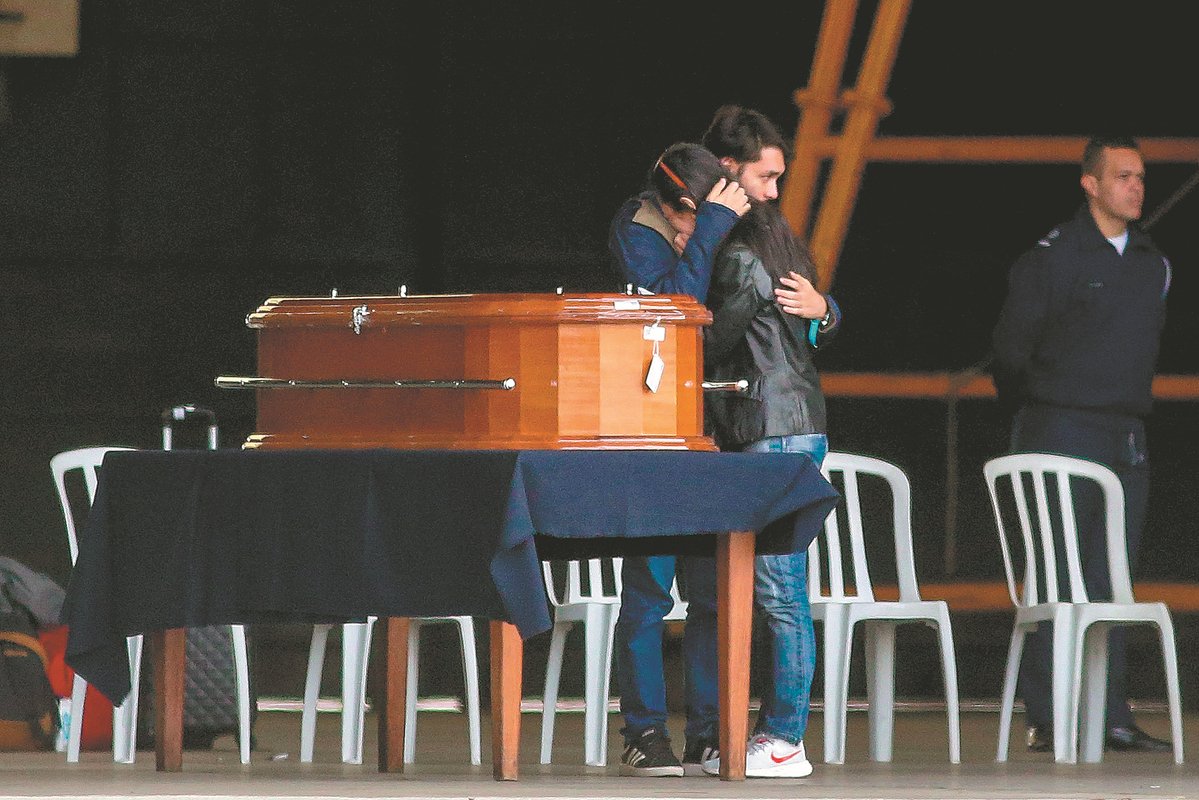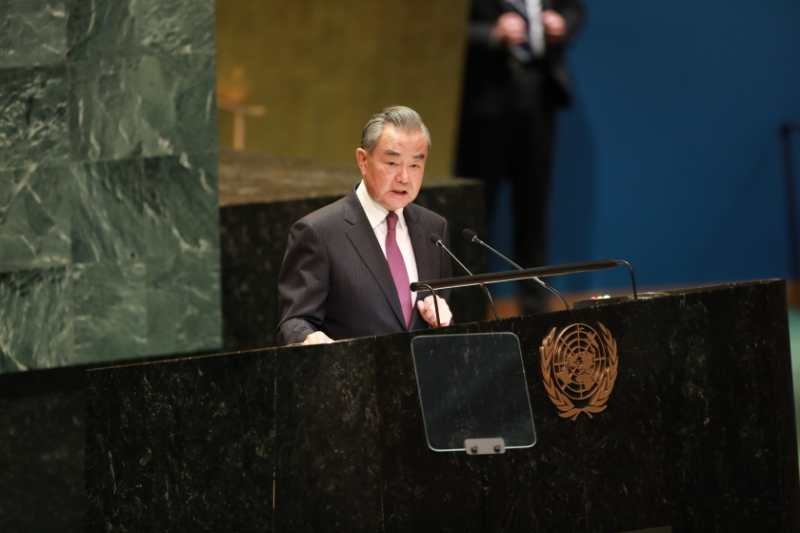Expert blames icing for Brazil plane crash


An aviation expert has cited severe icing as a potential cause of the recent plane crash in Brazil, which is the world's deadliest aviation disaster since January last year, as bereaved families wait for answers on the tragedy.
The aircraft, operated by Brazilian airline Voepass, crashed in a residential neighborhood on Aug 9, killing all 62 people.
The ATR 72 twin-engine turboprop was en route from Cascavel in southern Brazil to Guarulhos International Airport in Sao Paulo. According to the Brazilian Air Force, the pilots did not report any emergency or adverse weather conditions. The plane was flying normally at 1:21 pm when radar contact was lost at 1:22 pm, and it crashed about eight minutes later.
While the cause of the crash has not yet been determined, aviation expert Daniel Calazans, head of the Professor Kalazans Institute in Brazil, which trains pilots, suggested that severe icing might be a factor.
"There was a weather forecast for severe icing along the route and at cruising altitude," Calazans said.
"If deicing devices are not used, this could cause deformation in the wings and control surfaces (aileron, elevators, flaps), leading to the aircraft losing lift and possibly crashing.
"If the aircraft surfaces were to freeze and parts of the aircraft were to be deformed, the pilot could lose complete control and might no longer be able to keep the plane in flight."
Marcel Moura, chief operations officer of Voepass, said at a news briefing that the plane was sensitive to ice. While some ice had been anticipated, it was predicted to be within an acceptable range, he said.
Calazans said a thorough analysis of the contributing factors is needed to determine if the accident could have been avoided. "It is still too early to determine this," he said, adding that the black boxes are expected to be investigated in about a year.
Voepass officials are working with Brazil's Aeronautical Accidents Investigation and Prevention Center to investigate the crash.
Voepass CEO Eduardo Busch said the plane had two black boxes that store flight data. However, the boxes, which have not yet been recovered, might have sustained damage during the crash. Authorities are expected to issue a preliminary report on their investigation in 30 days.
Identifying bodies
Over the weekend, more than 40 families of the victims traveled to Sao Paulo to identify the bodies.
Apart from the aircraft's pilot and co-pilot, other crash victims included eight doctors, four college professors from Unioeste university in Cascavel, a 3-year-old child, a lawyer who specialized in cases against airlines, and a Venezuelan family and their dog.
This was the world's worst plane crash since January last year, when 72 people onboard a Yeti Airlines plane in Nepal died after the aircraft stalled and crashed while making its landing approach. The Yeti plane was an ATR 72, similar to the one used in the Voepass flight, but an investigation had attributed the Nepal tragedy to pilot error.
The writer is a freelance journalist for China Daily.
































